Description
CONTENTS:
Chapter One: Introduction
Chapter Two: Existing Literature and Scholastic Views
Chapter Three: International Law and Development
Chapter Four: Domestic Law and Development
Chapter Five: Research Methodology
Chapter Six: Data Analysis and Discussion
Chapter Seven: Conclusion
About the Book
Firstly, that there is a strong relationship between law and development. Even with all of its different manifestations and meanings, development is almost impossible without the intervention of law. Secondly, that the measurement of a society’s development is just as possible through the use of indicators relating to law as it is by using the social indicators (education, health, housing, water & sanitation and poverty) employed by the United Nations Development Program’s (UNDP) Human Development Report. The second section of this book is given over to a comparative case study of two different districts of Pakistan, Islamabad and Pakpattan. These were selected on the basis of their very different positions on the index of development.
About Author
Sharafat Ali Chaudhry is an Advocate by profession with an academic background in the disciplines of Law, Social Sciences and Humanities. He graduated with LLB and MA in English Literature from Bahauddin Zakariya University in Multan. He also holds an MSc in Development Studies with a gold medal from Iqra University in Islamabad, and an MPhil in International Development degree with a gold-medal, and a major in Law & Development from the aforementioned university. He is a member of ICT Child Protection Board, Federal Ministry of Human Rights, Government of Pakistan and the National Legal Consultant to the Food and Agriculture Organization of the United Nations.
He has worked as a legal expert with multiple UN Bodies as well as NGOs including UNICEF, UNDP, UNEFPA, UNFAO, The Asia Foundation, Oxford Policy Management and Group Development Pakistan.
He is a well-known legislative drafting expert who has served as Legal Consultant for the Federal Ministry of Law & Justice and the Federal Ministry of Human Rights. His recent legislative contributions include the Gilgit-Baltistan Commission on the Status of Women Act, 2022, the Peshawar High Court (Virtual Court Proceedings) Rules, – 2021, the Islamabad Capital Territory Child Protection Act, 2018; the Juvenile Justice System Act, 2018; the National Commission on the Rights of the Child Act, 2017; the Hindu Marriage Act, 2017; the Alternative Dispute Resolution Act, 2017, the Cost of Litigation Act, 2017; the Criminal Law (Second Amendment) Act, 2016 and the Baluchistan Child
Protection Act, 2016.
He has drafted Rules under various federal and provincial statutes relating to Justice with Children and child protection and is the co-author of a Handbook on Child Courts jointly published by the Sindh Judicial Academy and Group Development Pakistan; the author of A Handbook on Child Marriage, and A Handbook on Countering Gender Based Violence (Anti-Rape). He has also contributed to establish an e-court system in Pakistan protecting the child rights.
He is the founding Chairperson of the School for Law and Development and partner of a law firm Hassan, Sharafat and Umer Advocates (HSU Advocates). Moreover, he is associated with the Cyprus-based international law firm
Yiannis Papazacharia L.L.C.
As an adjunct faculty member, Sharafat teaches International Law, Human Rights Law and Criminal Law at KP Judicial Academy, Sindh Judicial Academy and Iqra University.
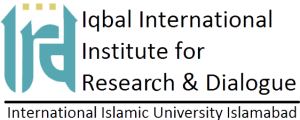
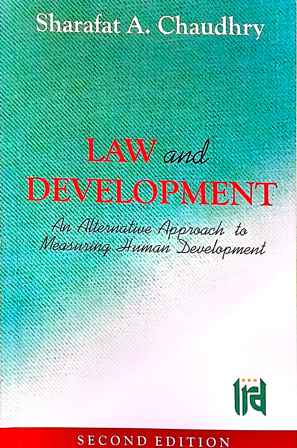
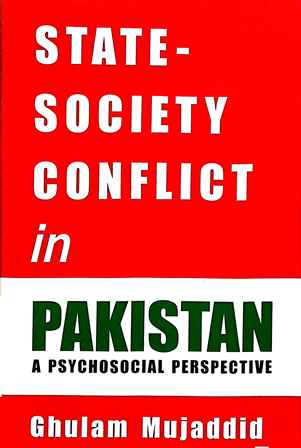

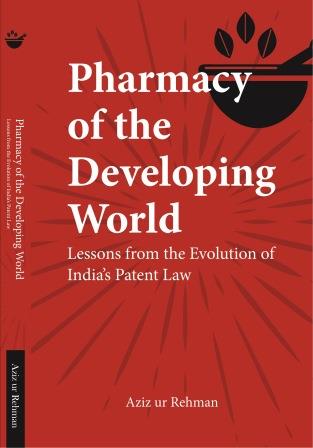
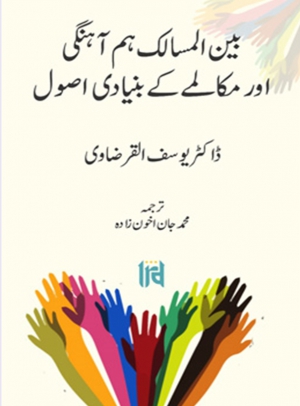


Reviews
There are no reviews yet.